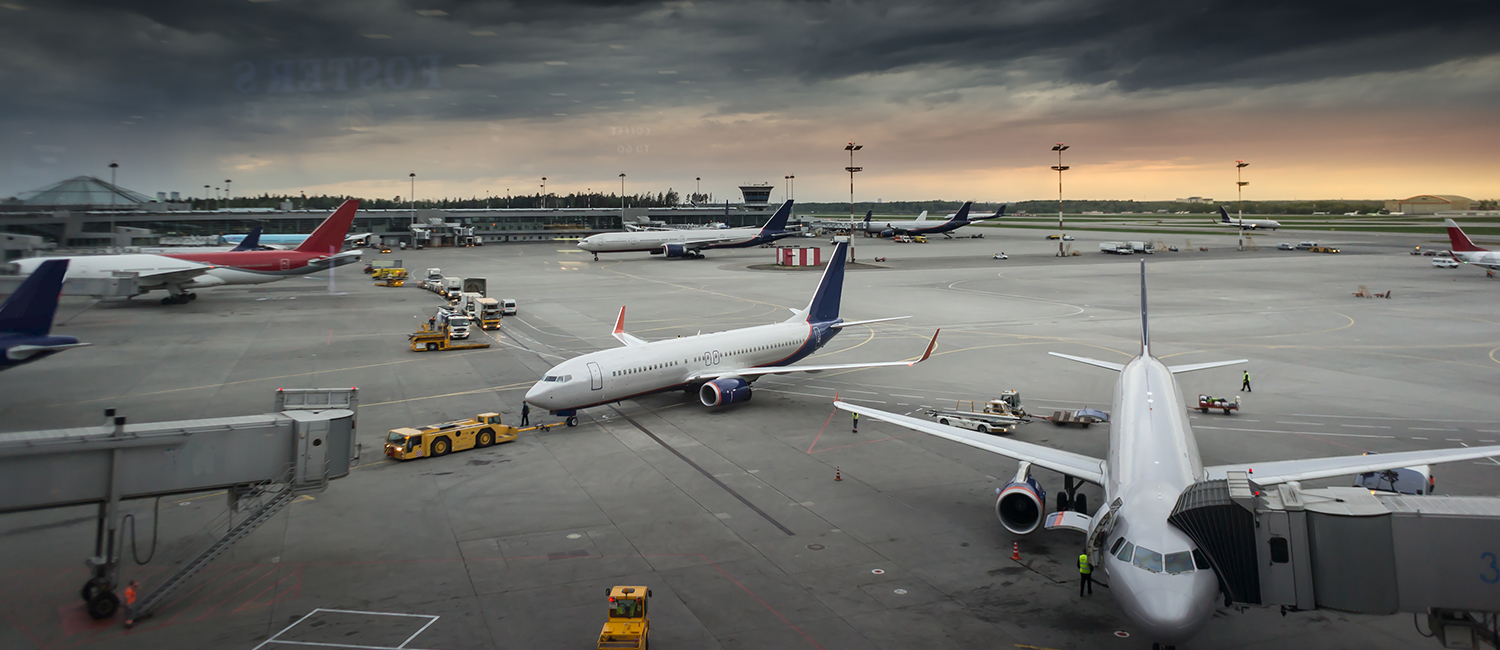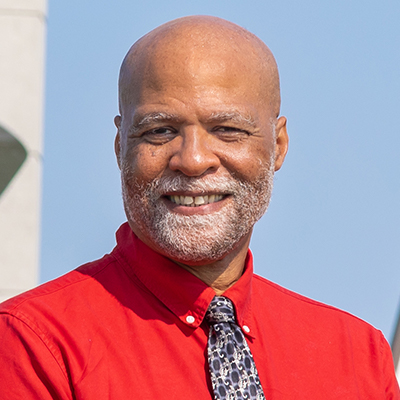
Flying under ominous economic skies
Air carriers typically have weathered economic downturns in part by making their operations more efficient. This could mean using smaller aircraft that burn less fuel, with cabins that are smaller but filled to capacity.
But research by James Peoples found that even the most efficient operations may not help airlines overcome the unprecedented upheaval triggered by the COVID-19 pandemic.

Peoples, a professor of economics in the College of Letters & Science, focused his study on the efficiency and productivity of airlines in the Asia-Pacific region. It’s the global airline industry’s biggest region, and it also had experience in responding to a health situation with the SARS outbreak in 2003.
He compared how airlines weathered the Great Recession to the current predicament caused by COVID-19. During the 2007-09 Great Recession, efficiency increased and continued to increase in the two to three years afterward. Also, productivity declined during the recession before rebounding.
He then applied the pandemic’s decrease in air travel to his Great Recession analysis to simulate what might happen in the wake of COVID-19. He found that there would have been declines in efficiency and productivity both during and after the recession.
The implication: Airlines might lose money no matter how much they try streamlining operations to become more efficient. A contributing factor is that COVID-19 social-distancing guidelines required airlines to fly with a significant percentage of unfilled seats, which reduced revenue.
Peoples notes that this can be applied to U.S. airlines that also have taken financial hits. But what’s unclear is how the public will respond after wide distribution of a COVID-19 vaccine. Will travelers still be wary about flying?
“Some airlines may not make it through the pandemic, and the ones that make it through may merge and create a more concentrated industry,” says Peoples, whose study was published on the Emerald Open Research website. “If it’s more concentrated, will they have more pricing power and will fares go up? That’s the concern that I have.”